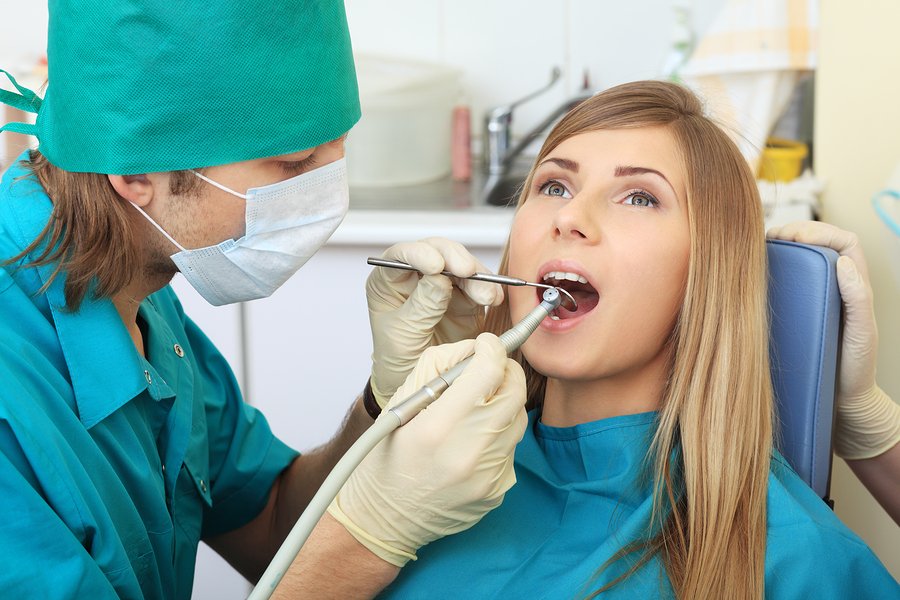
Oral or maxillofacial surgery is the specialty that offers to treat complex dental problems. It deals with surgical procedures related to teeth, gums, jaw and face.
Oral surgery is the branch which deals with facial reconstructive surgery, extractions, cosmetics, jaw surgery, dental implants and gum grafts.
What is oral surgery?
Oral surgery comprises a variety of procedures to operate on deformities, damages and tumors surrounding oral and facial structures. Different types of oral surgery include:
- Teeth extractions
- Facial trauma
- Dental implants
- Wisdom tooth extraction
- Corrective jaw surgery
- Dental bone grafts
- Periodontal (gum) grafts
- Jaw deformities
- Temporo mandibular (jaw) joint surgery
- Cyst and tumors removal
Why do we need oral surgery?
Reasons you might need an oral surgery:
- Bad breath
- Broken teeth
- Excessive tooth decay
- Gum disease
- Oral cancer
- Sleep apnea
- Non-cancerous lumps
- Missing teeth
- Temporomandibular joint disorder
- Bone loss in jaw
How is oral surgery performed?
Oral surgery treats a wide range of conditions in the mouth, jaws, face and teeth. The procedures can be diagnostic, therapeutic or operative. These procedures are as follows:
1. Dental bone graft
This procedure is done to fill the space where bone loss has occurred in the jaw. If a tooth has not been present for some time, bone deterioration occurs as there are no roots present to stimulate nerves. This surgery ensures a solid foundation and healthy jaws.
- Tooth extraction
This is the most common type of oral surgery performed. It is recommended if a person undergoes severe tooth decay, gum disease or dental trauma.
2. Dental implants
This is a promising treatment for teeth replacement. Medical-grade titanium or zirconia are planted into jaws to replace missing tooth roots.
- Periodontal surgery
This is a gum disease treatment wherein incisions are made along the gum line and tissue is moved back from your teeth temporarily. Then plaque and bacteria under your gums are eliminated. Afterwards, the gum tissue is repositioned and sutured.
- Corrective jaw surgery
This procedure addresses skeletal abnormalities of jaw bones. This helps improve chewing function and correct misalignment and facial imbalances.
- Sleep apnea surgery
This is done when throat tissues fall back and block air passage during sleep. Severe cases might undergo surgical procedures.
- Cleft lip
Cleft lip and palate repair restores normal functioning. This condition occurs due to improper development of the fetus in the womb.
You can consult your dental doctor or visit a dental clinic in Hyderabad. Or you can request an appointment at Apollo Dental, Hyderabad by calling 18001020288.
What precautions you need to take before and after surgery?
- Avoid smoking.
- Eat small meals.
- Follow the recommended diet.
- Avoid eating crunchy, sticky and acidic food products.
What are the risks?
- Bacterial buildup
- Pain
- Bone death
- Dry mouth
- Infection
- Injury
- Toothache
- Sinus issues
- High B.P. patients are at a slight risk
Conclusion
Oral health is important for your well-being. You can consult a dental specialist near you if you are suffering from any issues with regard to the teeth, jaw or face.
Frequently Asked Questions about Oral Surgery
It might take at least 30 minutes to one hour. Depending upon the procedure and the condition of the patient, time might vary.
If you are suffering from any of the above diseases, it is better to consult a dental expert to ensure treatment at the right time and live healthy.
Yes, if you are taking any kind of blood thinners (anti-coagulants) or non-steroidal anti-inflammatory drugs (NSAIDs), you need to stop as they promote bleeding which might cause injury. Discuss your medical history with your dental surgeon.



















































